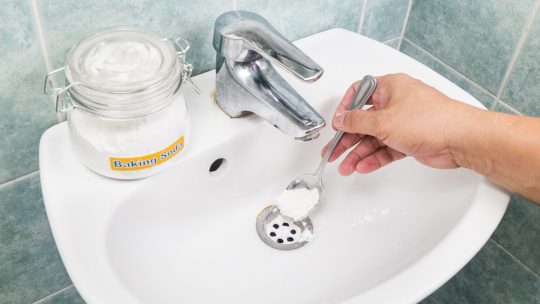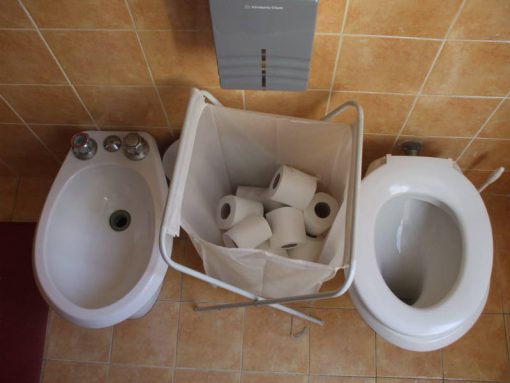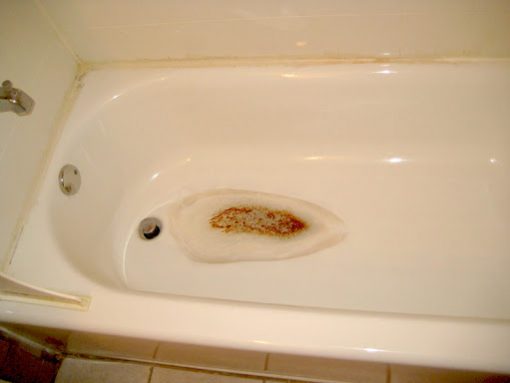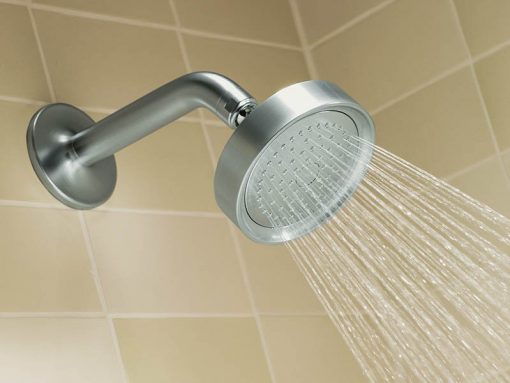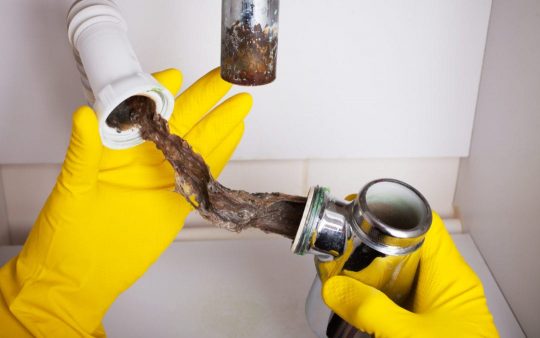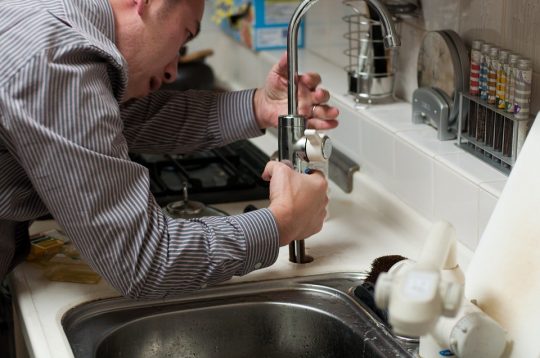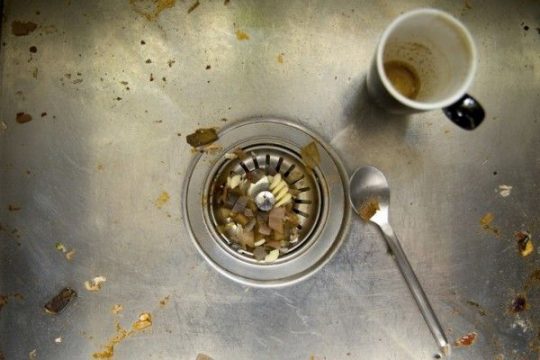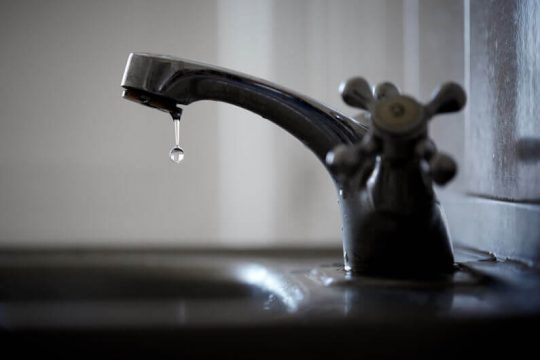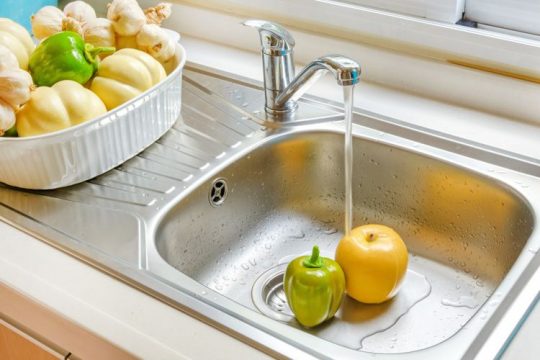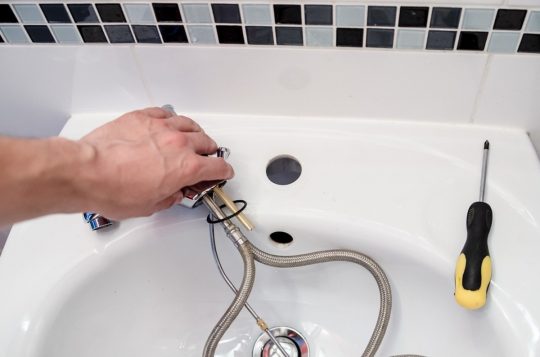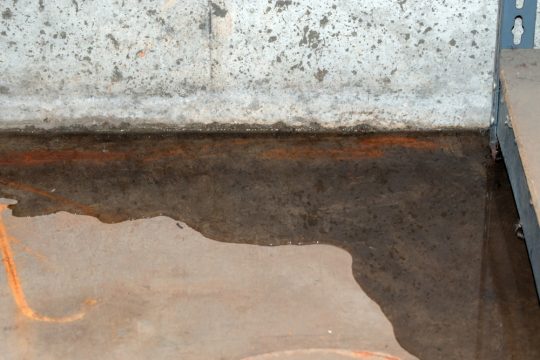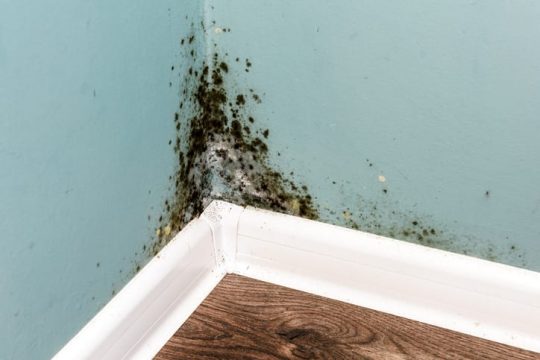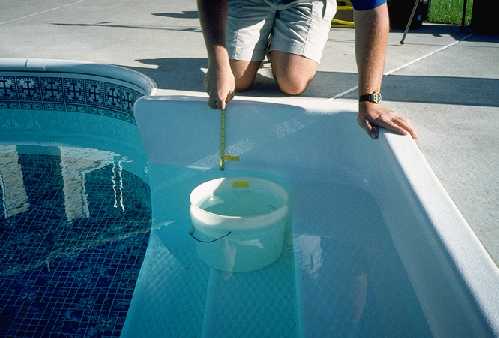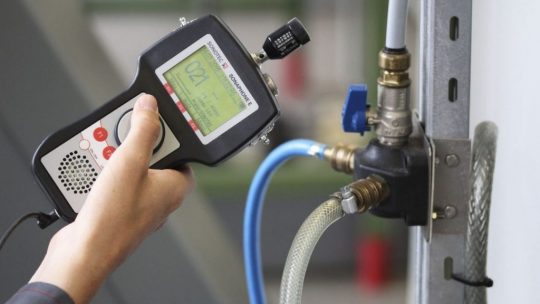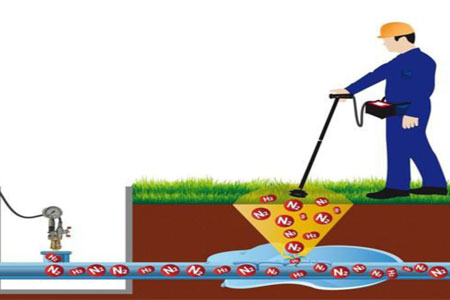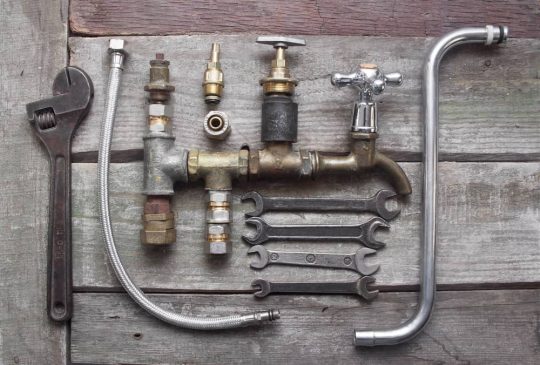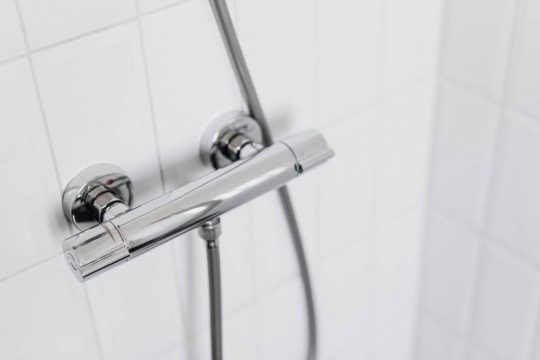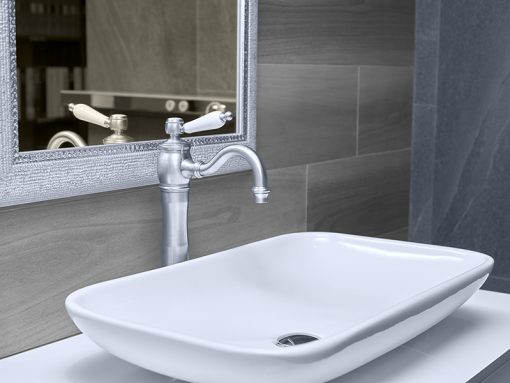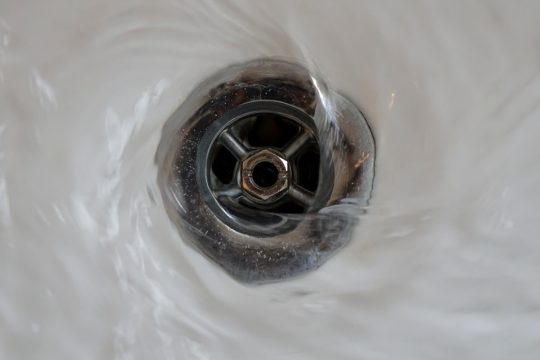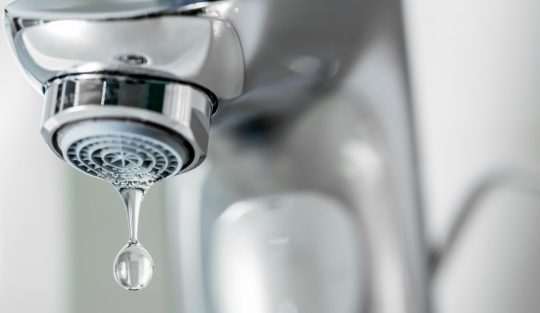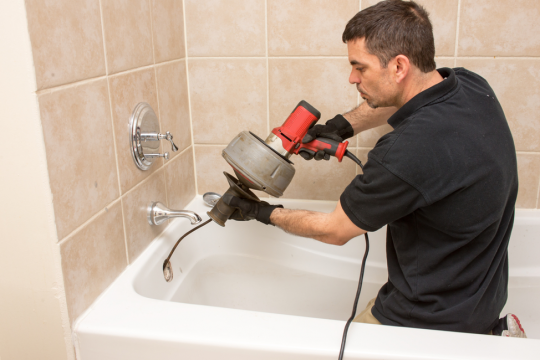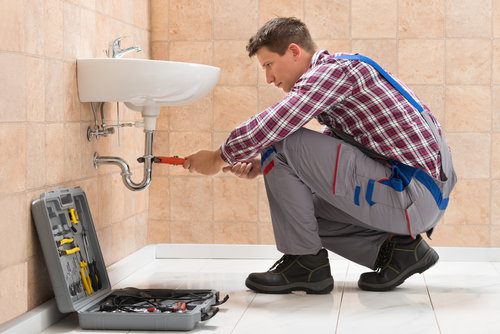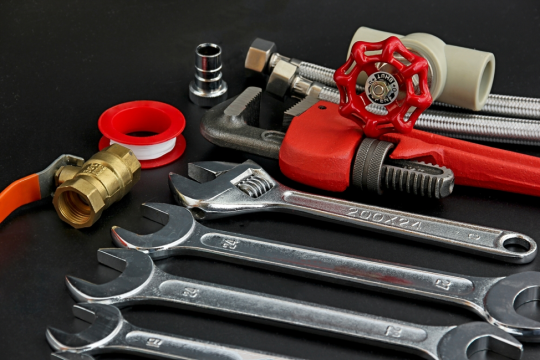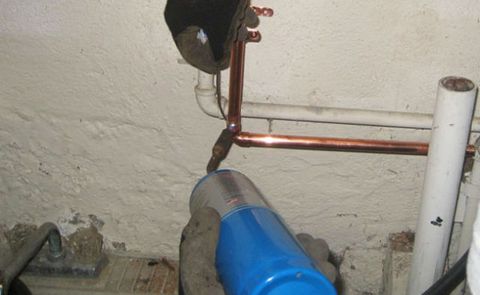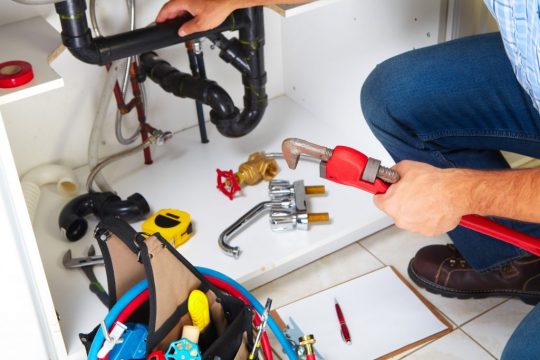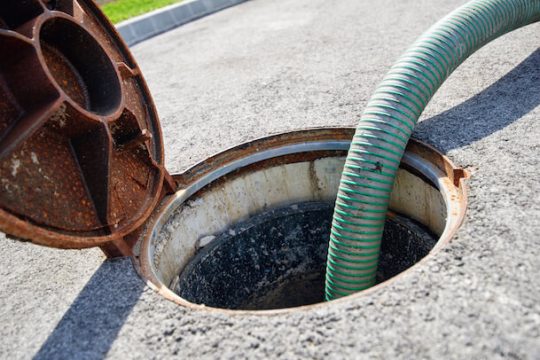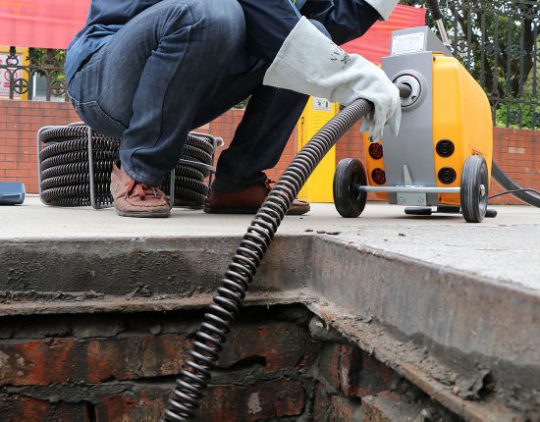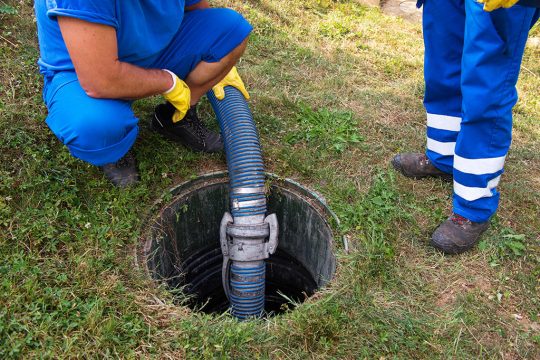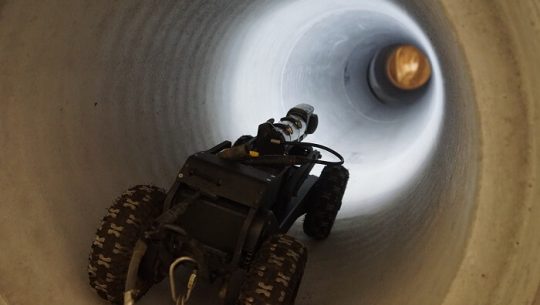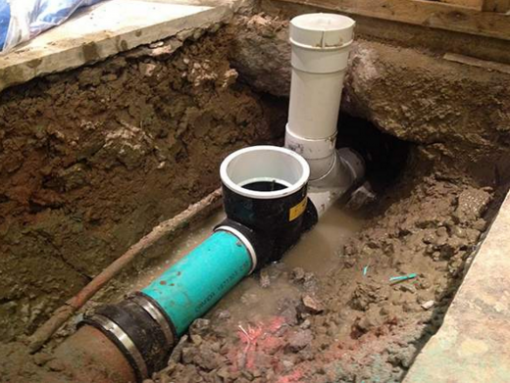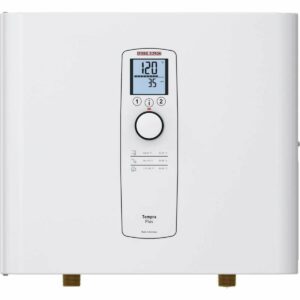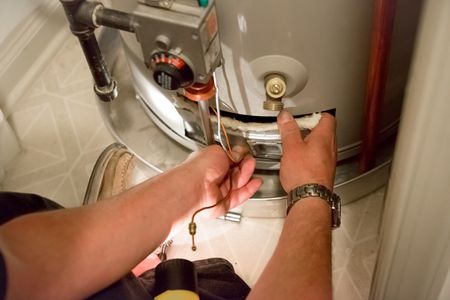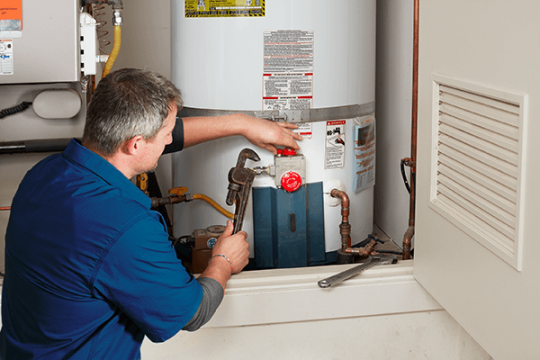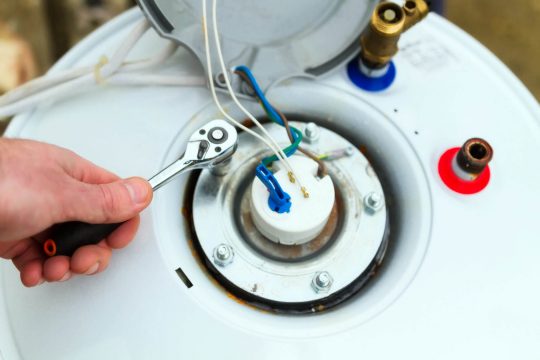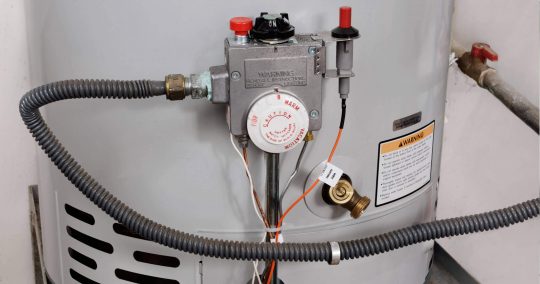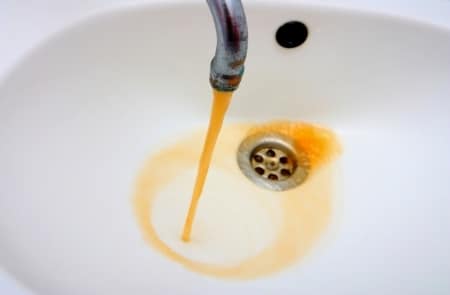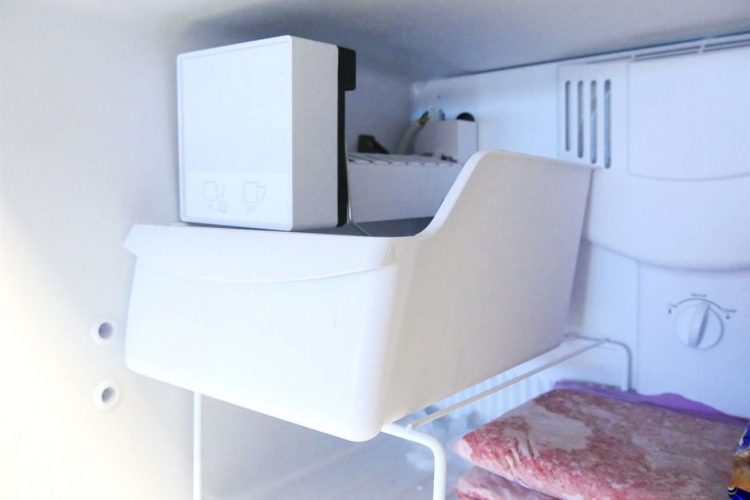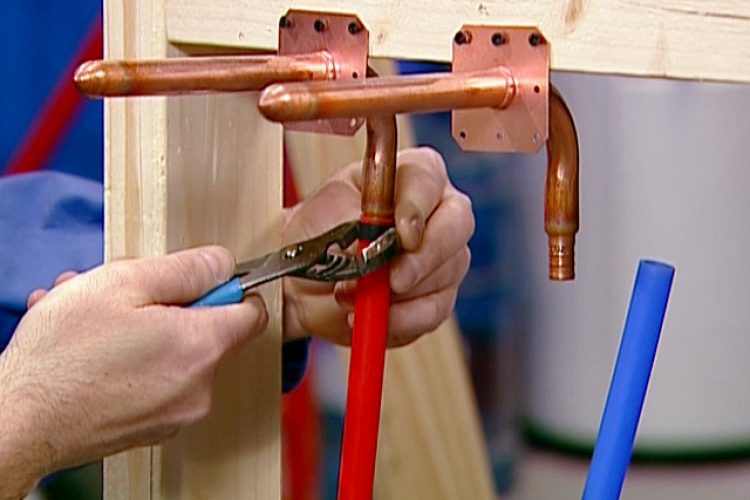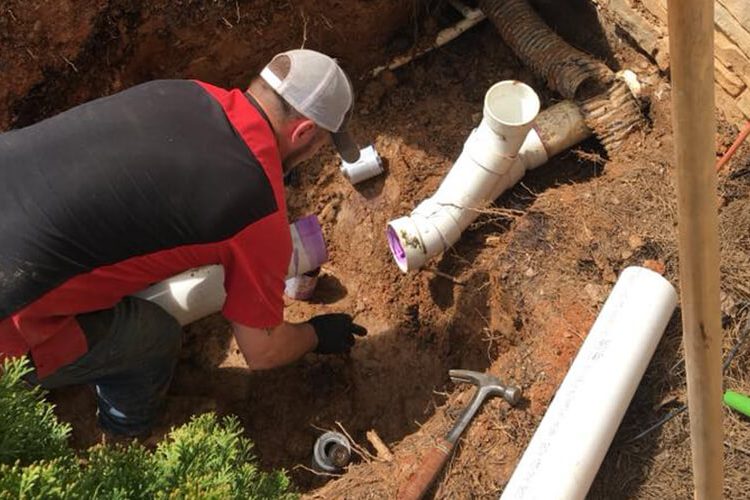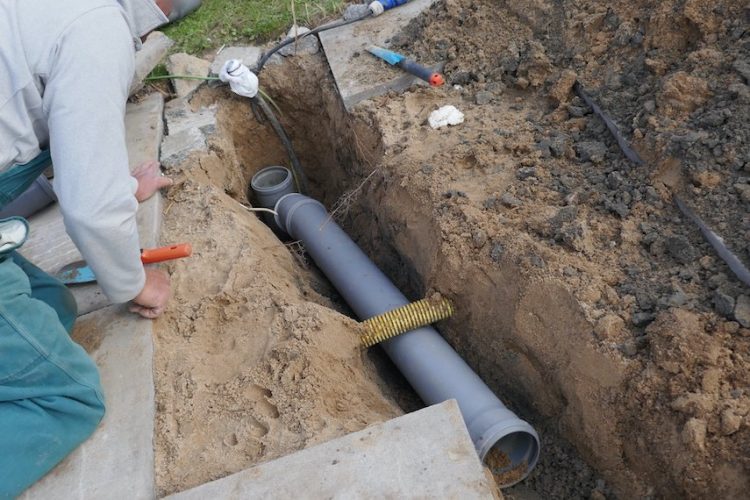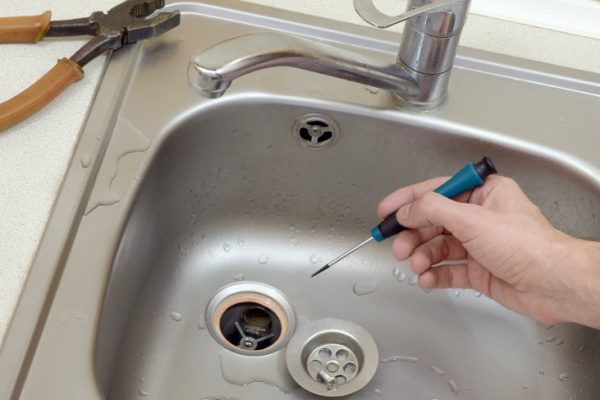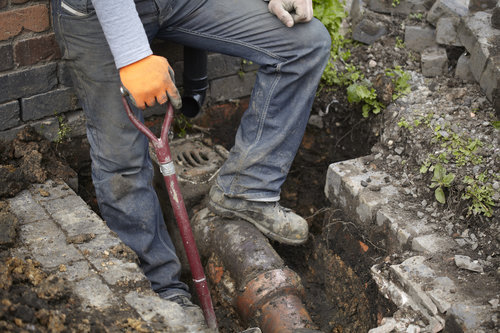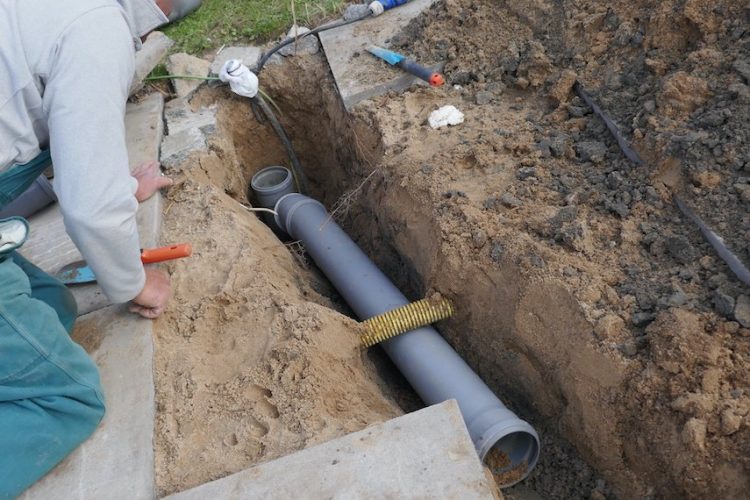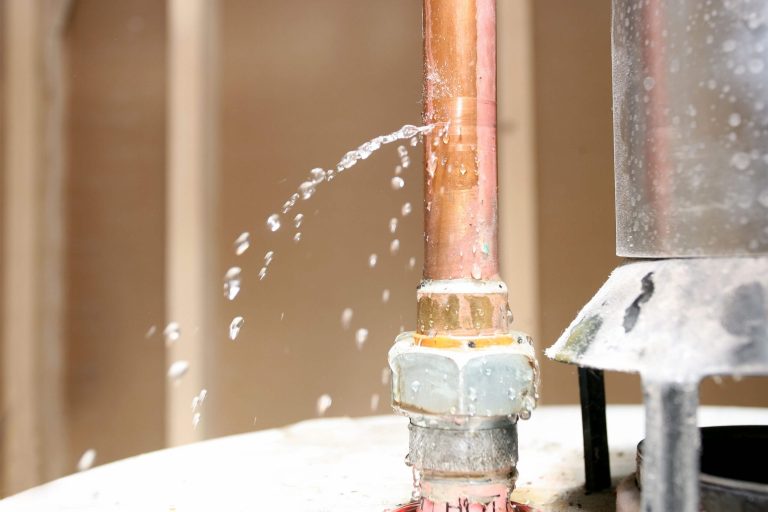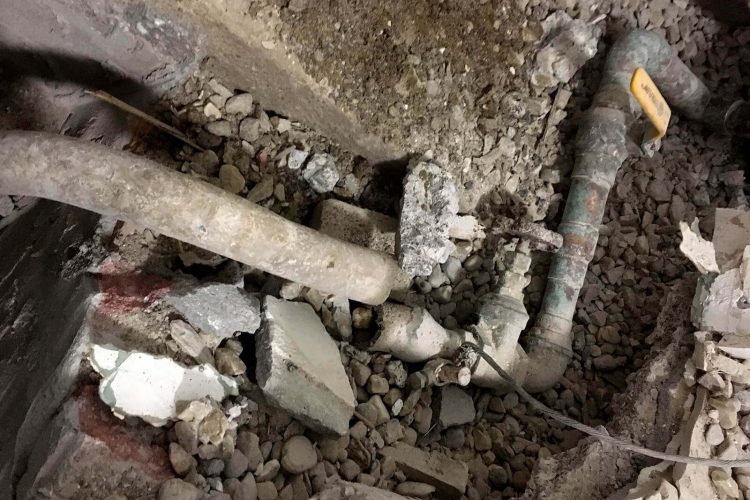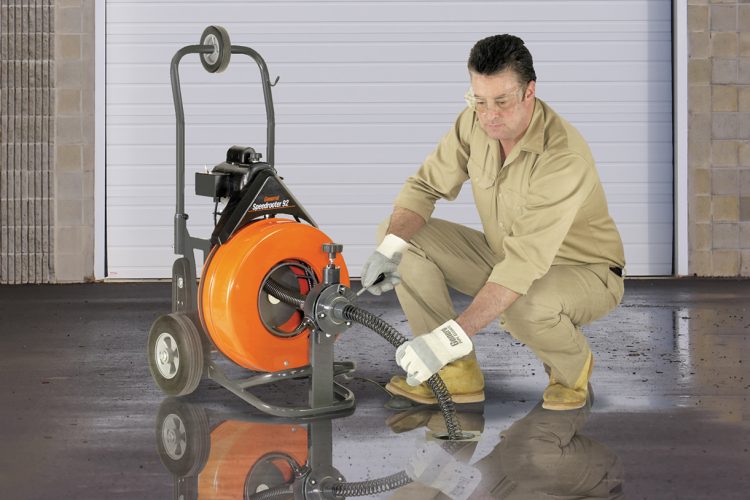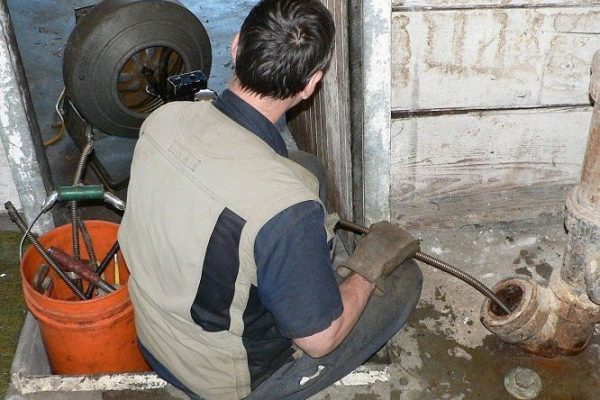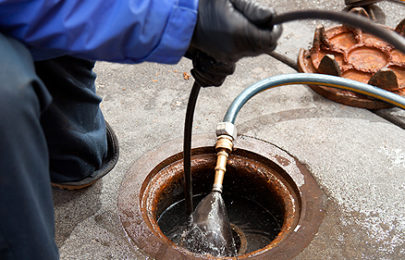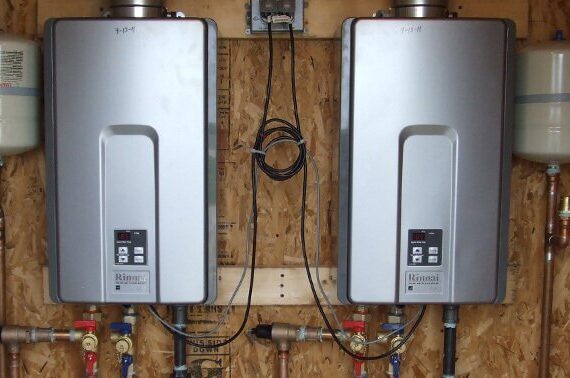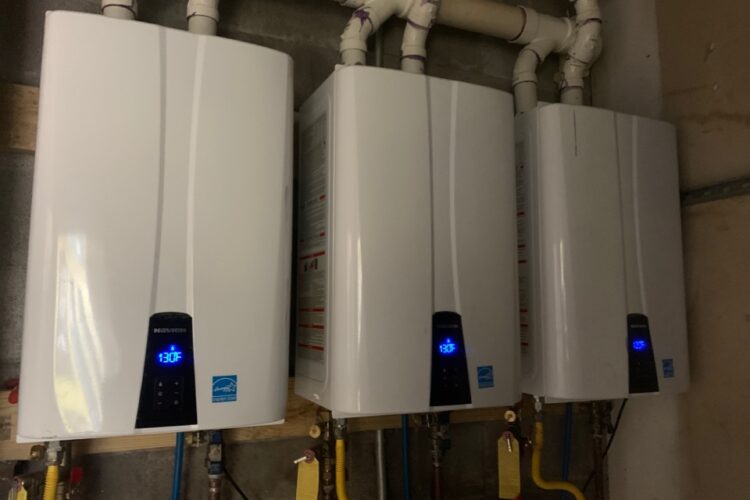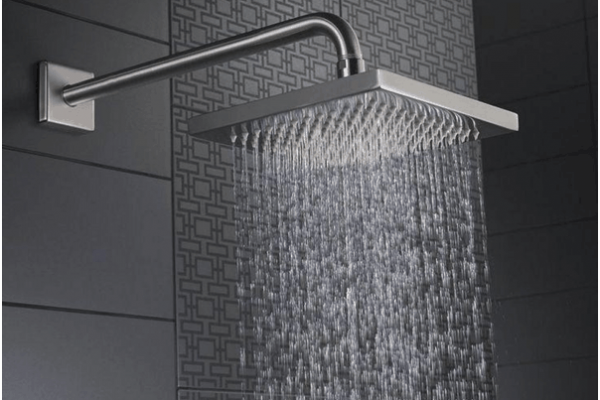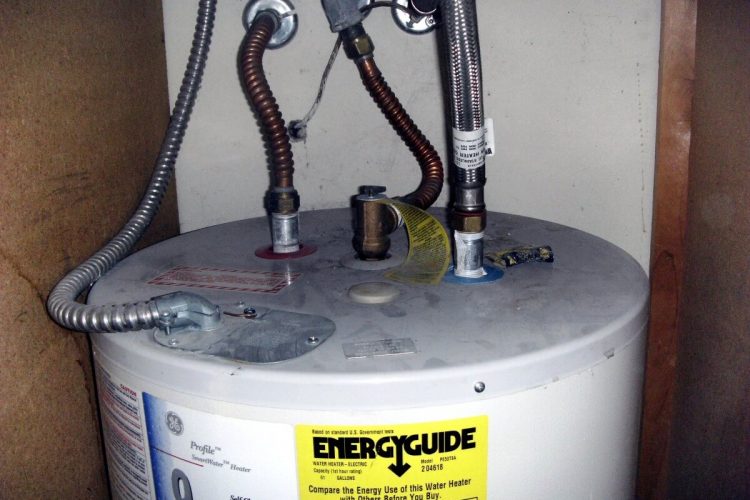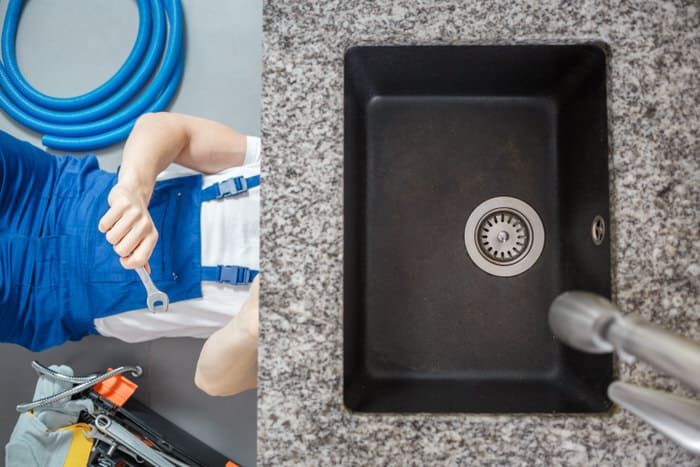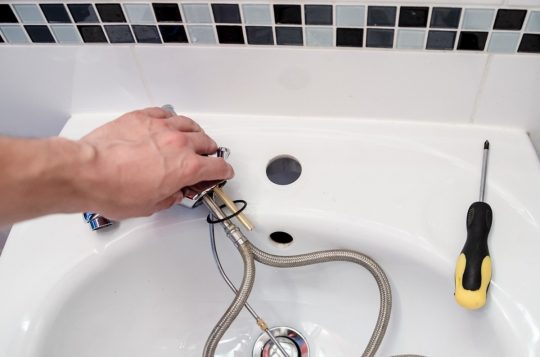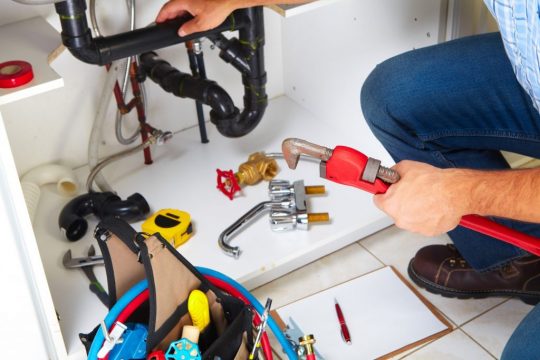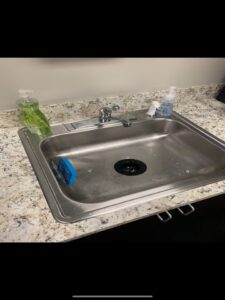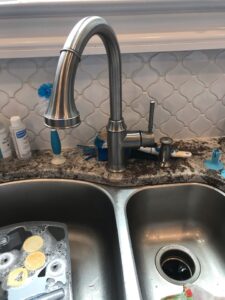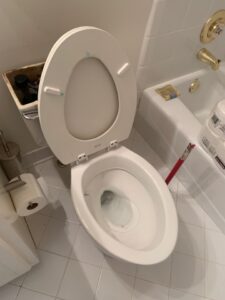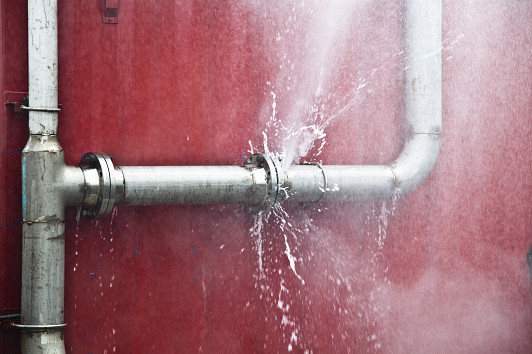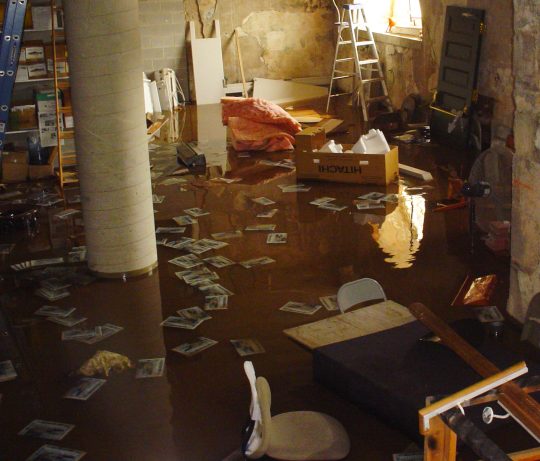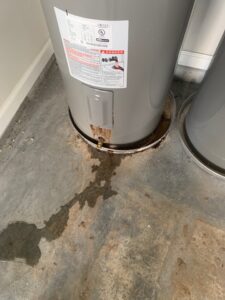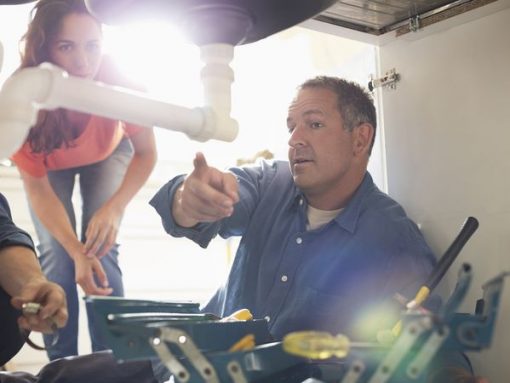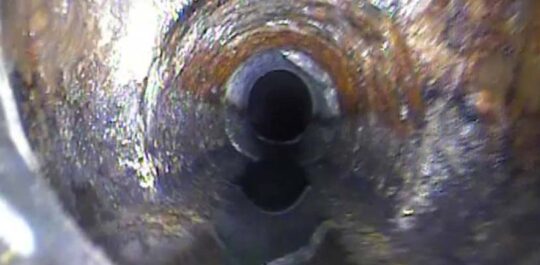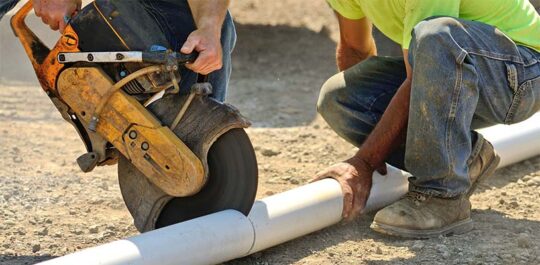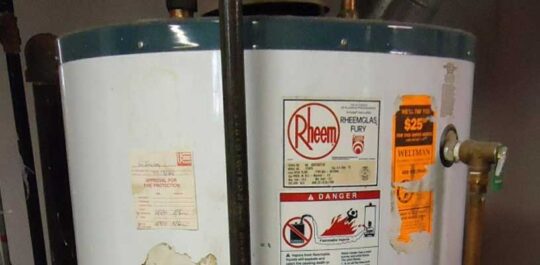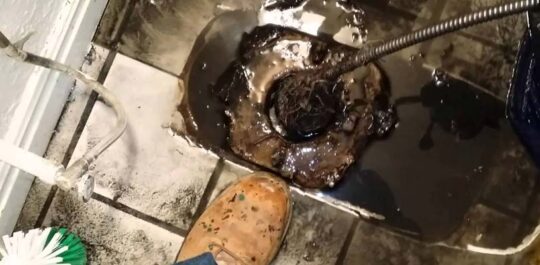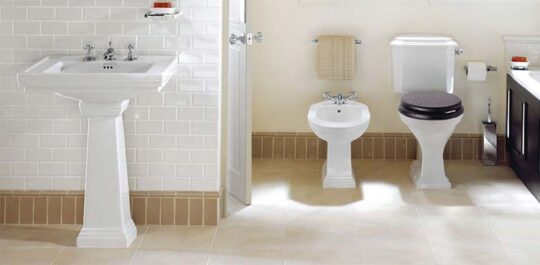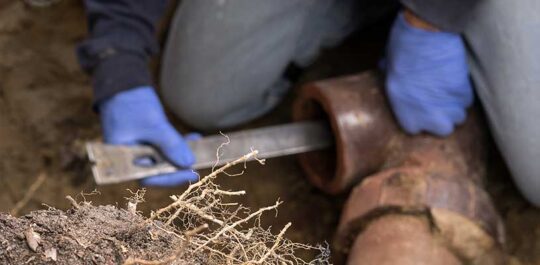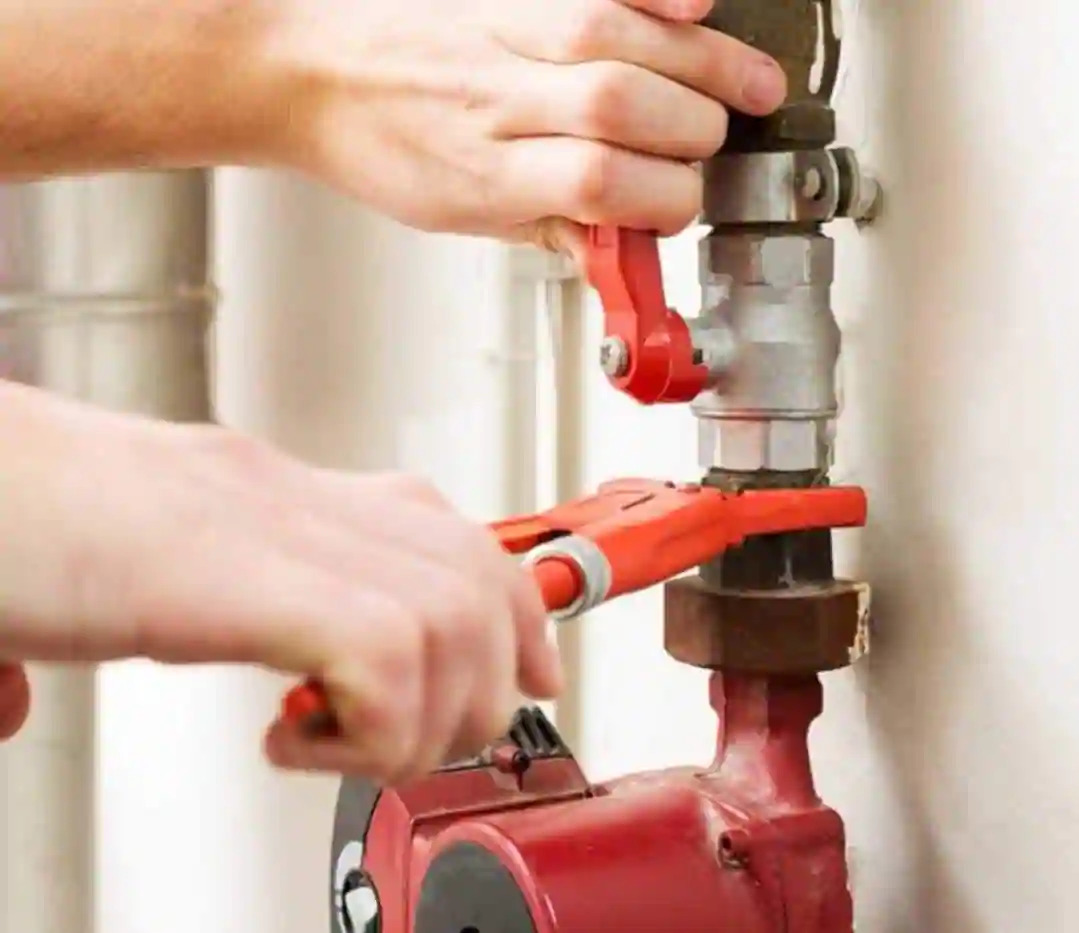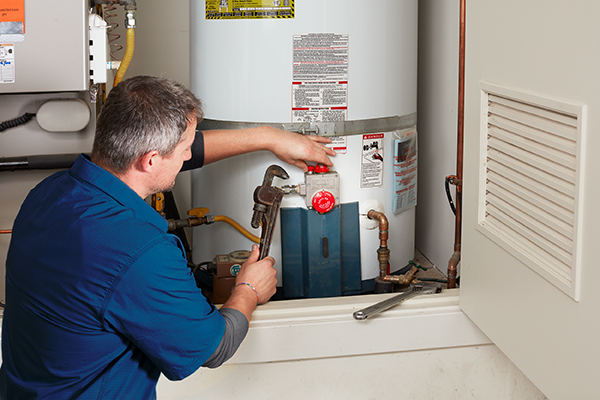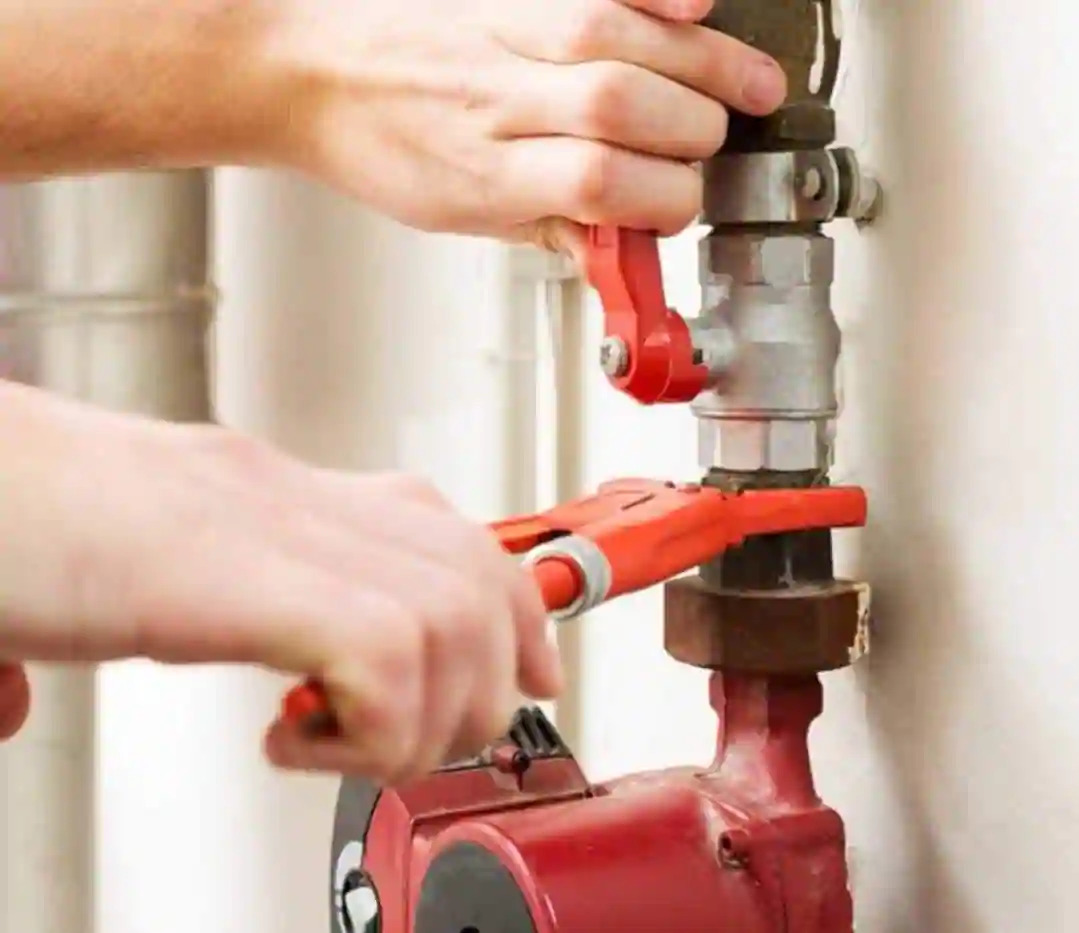Maintaining Your Septic Tank to Avoid Emergency Repairs
Taking proper care to maintain your septic tank can help you avoid breakdowns and costly repairs. Although a septic tank requires little maintenance, there are some things you can do to make it last longer, or indefinitely. However, the underground area which contains all the sewage pipes, known as the leach field, may require treatment, or in some cases, replacement after every 15-20 years.
In most cases, limiting the amount of water used, and avoiding depositing any materials that can’t be decomposed by the bacteria in the tank, can keep your septic system problem-free for years. Also, it is important to clean out the tank when too many solids have been allowed to build up.
Here’s how to take care of your septic tank:
1.Mind the Biological Balance
Septic tanks have a delicate biological balance that can easily be disturbed. Pay attention to the items that your family introduces into the system.
2.Save the Water
It is important to maintain the biological balance in your septic tank, and too much water can disturb this. Too much water can also cause the system to back up, which is best avoided.
3.Avoid Excessive Chemicals
While it is fine to use small amounts of household bleach, drain cleaners and detergents, it i important to avoid dumping harsh chemicals into the tank or the house sewer. This will upset the balance, and kill the beneficial bacteria needed to decompose the waste.
4.Only Deposit Natural Items
Never deposit fats, oils, paper towels or facial tissues, cigarette butts or disposable diapers in the house sewer. These unnatural materials don’t decompose and will clog the system. Instead, use a quality toilet tissue that easily breaks up when it is wet.
5.Divert Rainwater
The key is for your septic system to absorb and neutralize liquid waste. If the drain field is soggy, this won’t happen, so it is important to plan your landscaping in such a way that foundation drains and roof gutters drain excess water away from the septic tank’s drain field.
6.Prevent Septic Tank Overloads
You can prevent septic tank overloads by being mindful of your water consumption. Do this by installing aerators and flow reducer nozzles, and repairing leaks. When doing laundry, reduce the water levels for smaller loads.
7.Prevent Root Damage
Don’t plant any trees within 100 feet of the septic system, especially those trees with aggressive roots.
8.Use the Garbage Disposal with Care
Did you know that garbage disposals can double the number of solids in your septic tank? By investing in a top-of-the-line garbage disposal that grinds the food as small as possible, you can ensure that the system will more easily digest the particles.
9.Protect the Drainfield
In order to prevent soil erosion, plant grass over the drain field. Never drive over the drain field. Rather build a structure over it, or cover it with asphalt or concrete.
10.Pump the Tank Regularly
It is important to have the solids pumped from the tank from time to time. A family of four, who use a 1,000-gallon tank, should have it pumped every 3-5 years. Ideally, you should speak to an expert who can advise on the best time frames.
Whatever you do, don’t ever open the tank, as the bacteria and gases are dangerous.
Ridgeway Mechanical has years of experience in installing and maintaining septic tanks and systems. Speak to us today about how to maintain your system in order to avoid breakdowns.

